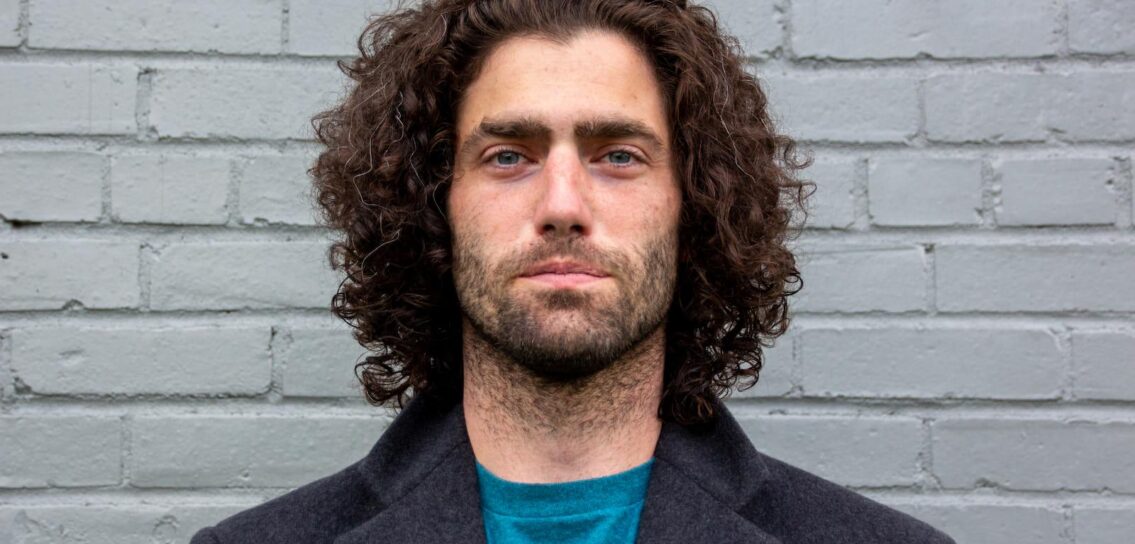We often get patients coming to see us as a fertility expert who have been told that they have no sperm. Azoospermia is the medical term for a no sperm in the ejaculate. This is diagnosed following a semen analysis showing a sperm count of zero. A normal sperm count is considered anything over 15 million sperm cells per millilitre of semen. Oligospermia or low sperm count is anything under 15 million - find out more about that here.
Azoospermia or no sperm in the ejaculate can be a devastating diagnosis, but what exactly does it mean for you and your fertility?
There are two reasons why there would be a lack of sperm cells in the semen; the first is that there isn't any sperm being produced in the testicles, the second being that there is a blockage preventing the sperm from reaching the ejaculate. Azoospermia affect 10% of men with fertility problems and about 1% of men in the population as a whole.
What can cause no sperm or azoospermia?
The cause of no sperm in the ejaculate is not known in its entirety but it is likely linked to one of the following:
- Genetic conditions affecting fertility such as Klinefelter's Syndrome
- Varicocele
- Medical treatments for cancer such as chemo or radio therapy
- Drug abuse
- Vasectomy
- Viral illness - this can cause transient or passing azoospermia
When it comes to treatment options there are a few to consider and should be discussed with your consultant fertility expert to see which is the most appropriate for you. These include:
- Specialist team - bringing together male and female fertility specialists is important get the best outcome for you and your partner.
- Lifestyle changes - discussing lifestyle changes with your consultant is important as excessive weight, smoking, alcohol and drug abuse can all impact sperm levels and fertility
- Medication - some medications can help address a hormone imbalance and others can help treat infections
- Surgery - this may be an option if the azoospermia is caused by blockage. Surgery would be micro tese or sperm retrieval
If you wish to speak to our specialist team please contact the practice here.

